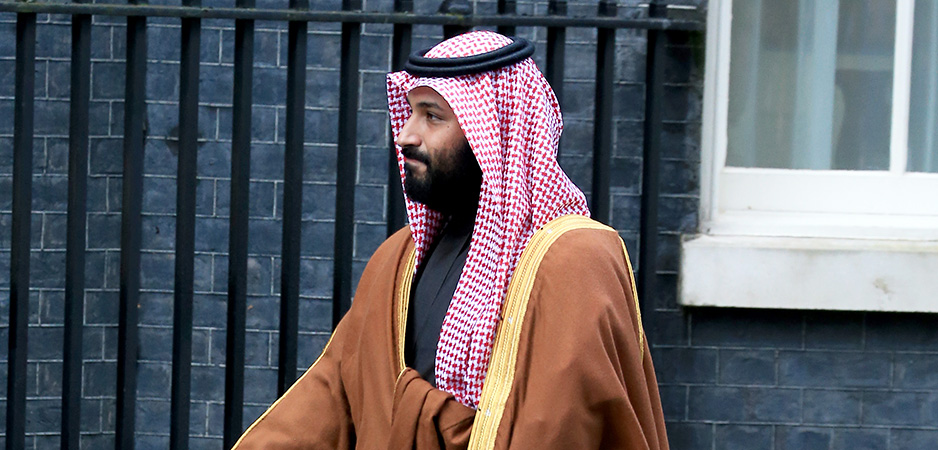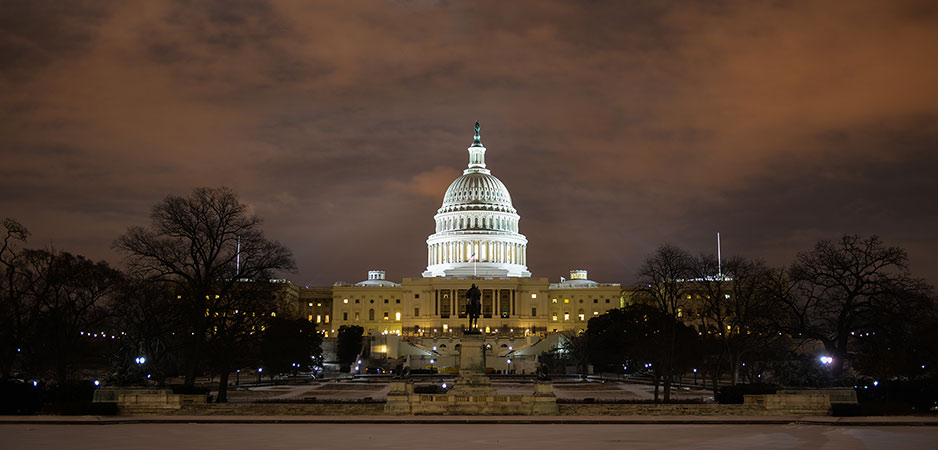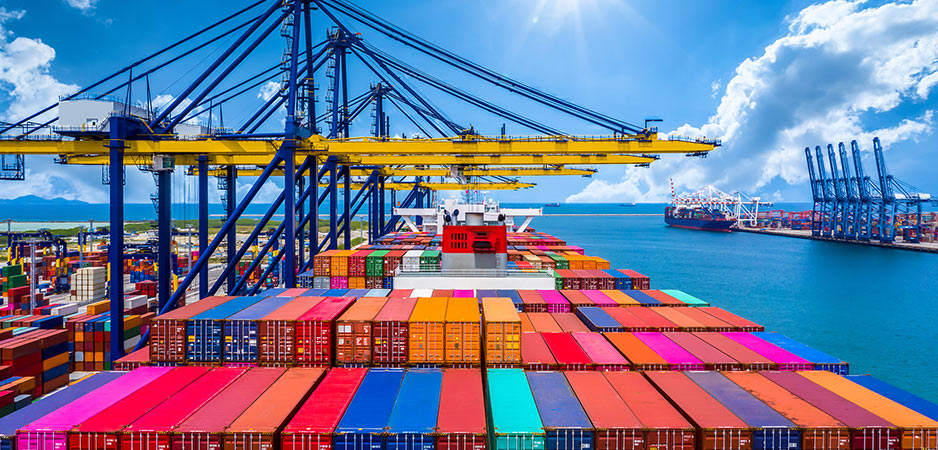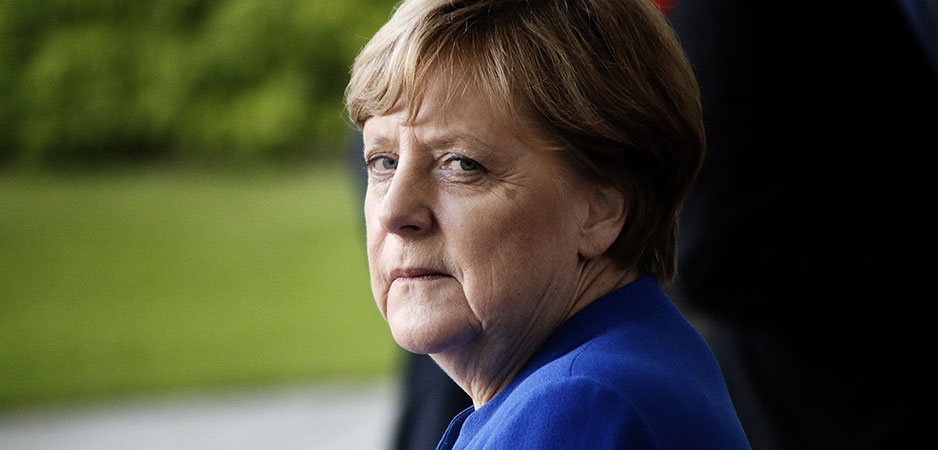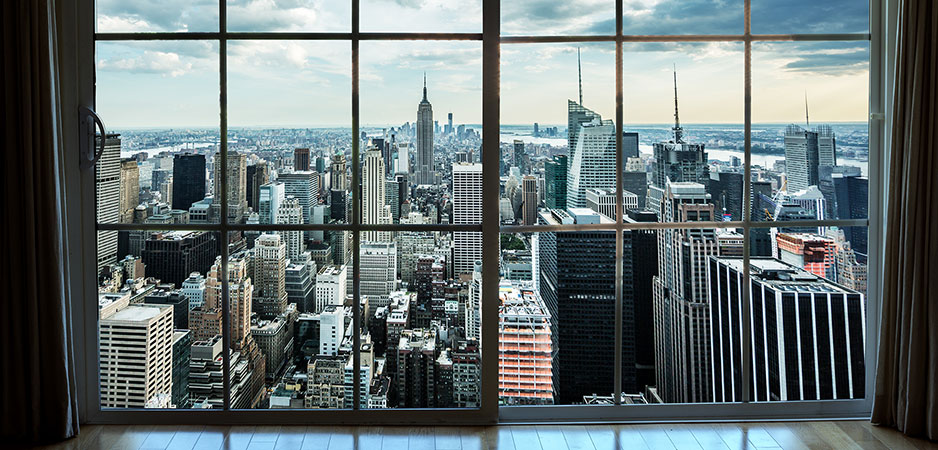Mohammed bin Salman is a charming fellow. The tall, dark and handsome Saudi prince known as MBS has seduced world leaders and eager pundits left and right. To his supporters, MBS became first in line to the Saudi throne by championing reform in a deeply conservative Gulf kingdom, taking on corruption, confronting religious extremists and promising to modernize the economy. “Someone had to do this job — wrench Saudi Arabia into the 21st century — and MBS stepped up,” wrote Thomas Friedman in an oft-cited column from November 2017. “I, for one, am rooting for him to succeed in his reform efforts.”
A recent The Economist cover pictured the 46th US President Joe Biden in front of the White House with a cleaning mop. The lead, “Morning after in America,” projects that “The outlook for America looks grim, but that could quickly change.” The venerable publication proclaimed from its powerful pulpit that Biden “should stick to his folksy brand of dogged centrism which is so well suited to the moment.” That gives him the “best chance of success.”
Since the outbreak of COVID-19, bad news has dogged India on the economic front. By the end of the 2020-21 financial year, which begins on April 1 and ends on March 31, the country’s GDP is estimated to shrink by 7.7%, the biggest contraction since 1952. In the first quarter of the 2020-21 financial year, the economy contracted by a historic 23.9%.
As Shoshana Zuboff has warned in her book “The Age of Surveillance Capitalism: The Fight for a Human Future at the New Frontier of Power,” the great tech giants have built a system people have become dependent on for their social relationships. But this “social” system has been built to serve a fundamentally antisocial purpose. The customer is the product. And, thanks to advances in technology, the product can increasingly be remodeled to maximize its commercial value.
In late January, protests and riots against COVID-19 lockdown measures in the Netherlands drew attention from international audiences, taking many by surprise. Described by the Dutch police as the “worst rioting in 40 years,” it was a response to the first curfew the country has seen since the Second World War. Now, more violence and what appears to be a deliberate attack on a coronavirus testing center have caused further shock. The Netherlands is well established at the heart of orderly Northern Europe, bound by welfare-state solidarity and reserved, measured behavior. However, its populist subculture is news to no one. Radical and conservative elements, as well as a culture of Dutch exceptionalism, existed well before the COVID-19 pandemic, which has undoubtedly stirred social tensions in an unprecedented fashion.
Following the signing of the Regional Comprehensive Economic Partnership (RCEP) on November 15, 2020, media reporting around the world has entered into fanfare mode. Western and Chinese media in particular are reporting on the free trade deal through the narrow lens of US-China competition, overlooking the international agency of the Association of Southeast Asian Nations (ASEAN) in the formation of this mega trade bloc.
Americans like to rate their presidents. In fact, presidential rankings have become something of a cottage industry in political science, ever since the eminent Harvard historian Arthur Schlesinger Sr. started the tradition in the late 1940s.
Markets remain abuzz with fintech applications that have the power to reengineer the financial services world and, significantly, even alter the financial inclusion landscape. Over the recent years, there have been several global adoptions of innovative technologies to fashion new business models and offerings. These have been evidenced in payment services, mobile-based lending and money transfers, and are now fast spanning across other areas such as insurance, investments, wealth and asset management.
Several political parties and governments around the world have centered their commitment to countering the radical right on tackling hate and racism. The most recent example was the announcement by the German cabinet in late 2020 to spend €1 billion ($1.2 billion) for a four-year program on combating “right-wing extremism, racism and antisemitism.”
In a world of ever-expanding wealth inequality, those who possess significant wealth today tend to become tomorrow’s hyperwealthy. The aristocracy of hyperwealth has always existed, but it was formerly limited to rare individuals whose family history or luck in the industrial world endowed them with prestige and supplied them with power. Most members of the class acted discreetly, preferring to avoid the public spotlight.

